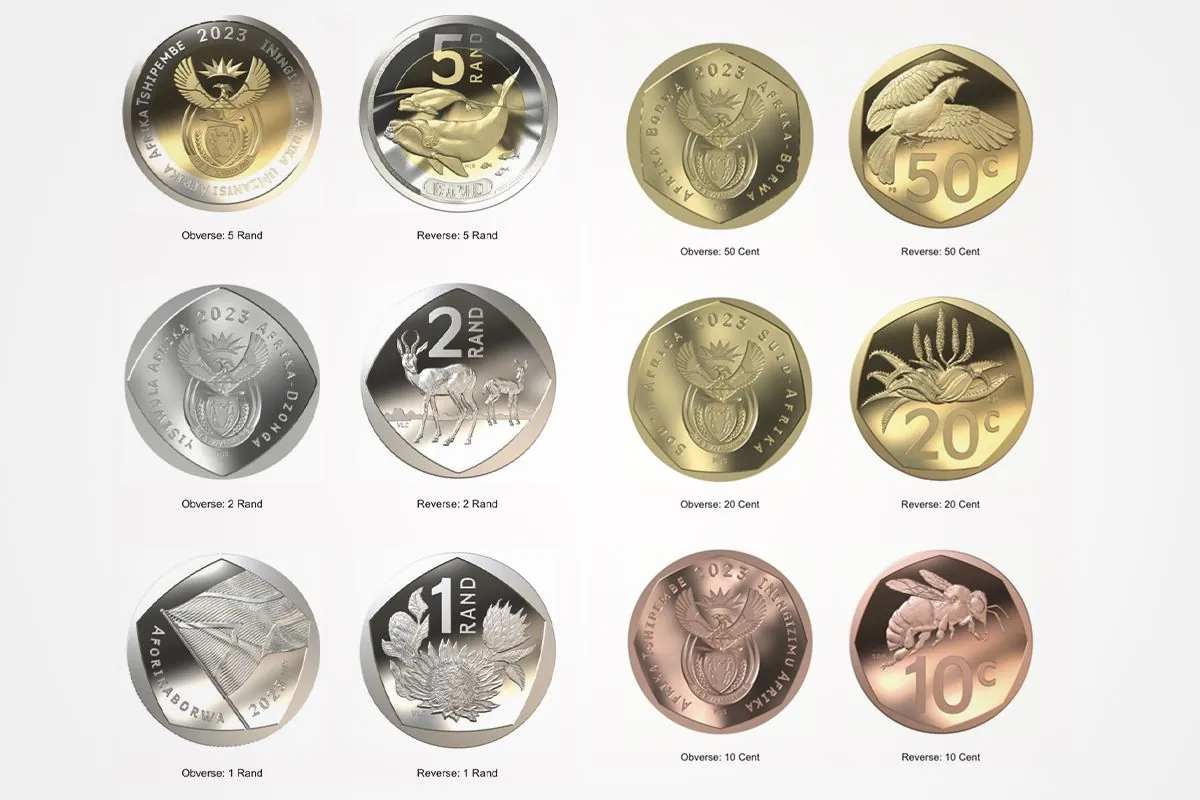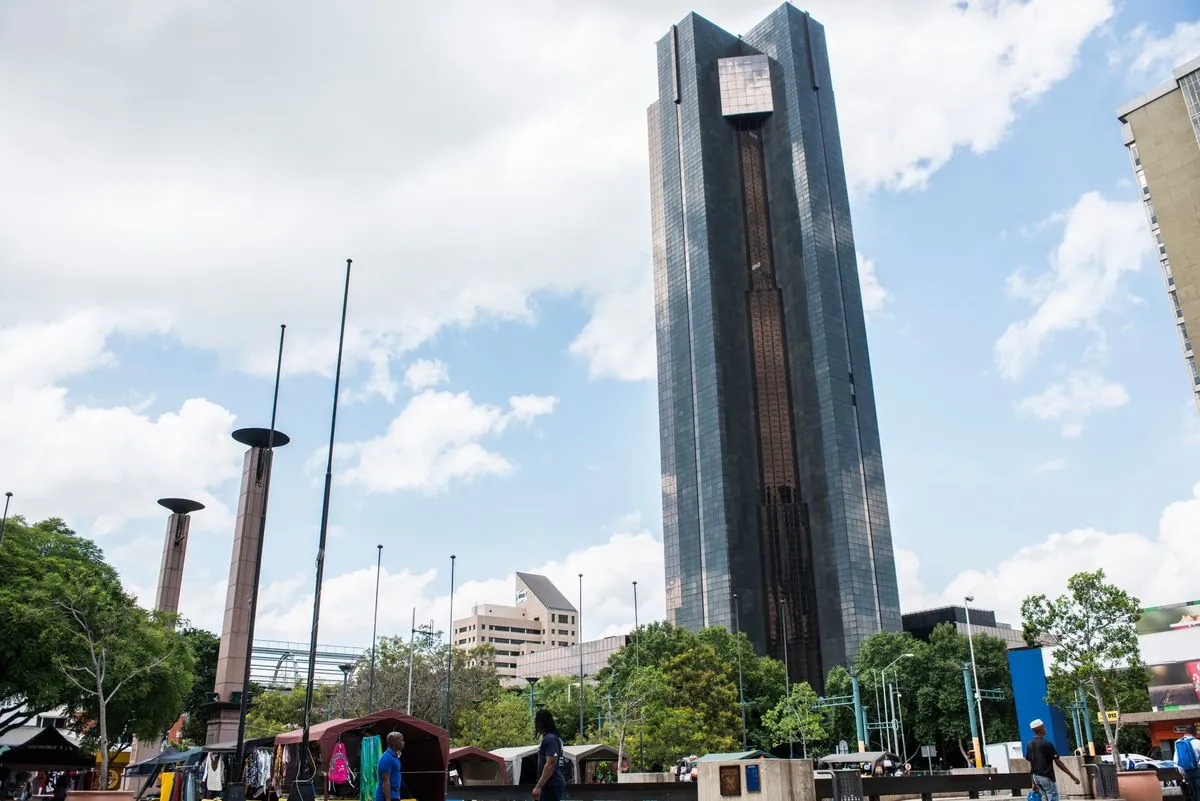South African Rand Strengthens as U.S. Inflation Data Hints at Rate Cuts
South Africa's rand gained strength following U.S. inflation data, suggesting potential rate cuts. Domestic business confidence and retail sales showed improvement, while the stock market and government bonds performed positively.

The South African rand demonstrated resilience on August 14, 2023, appreciating against the U.S. dollar following the release of inflation data from the United States. This economic indicator has bolstered expectations of impending interest rate reductions in the world's largest economy.
As of 15:35 GMT, the rand was trading at 18.0575 against the dollar, marking a 0.2% increase from its previous close. The rand, introduced in 1961, is known for its sensitivity to global economic factors, often responding to U.S. economic data and monetary policy decisions alongside domestic influences.

The U.S. Consumer Price Index for July 2023 revealed a moderate rise, with the annual inflation rate decelerating to below 3% for the first time since early 2021. Wichard Cilliers, head of market risk at TreasuryONE, commented on the data:
"The data suggests that the Federal Reserve may be more inclined to lower interest rates as inflation is approaching the 2% target."
This development is particularly significant for South Africa, which, as part of the BRICS group of major emerging economies, is closely tied to global economic trends. The country's economy, the second largest in Africa, is characterized by its mixed nature and sensitivity to international market movements.
On the domestic front, positive economic indicators emerged. The South African Chamber of Commerce and Industry reported that its Business Confidence Index rose to 109.1 in July 2023, up from 109.0 in June and 107.8 in May. Additionally, Statistics South Africa revealed that retail sales increased by 4.1% year-on-year in June 2023, following a revised 1.1% rise in May.
These figures are encouraging for South Africa, which faces one of the world's highest unemployment rates and relies heavily on its diverse economic sectors. The country is the world's largest producer of platinum, chrome, and manganese, and a significant gold producer, accounting for about 4.2% of global production.
The Johannesburg Stock Exchange, Africa's largest, saw its Top-40 index close approximately 0.5% higher. Concurrently, the yield on South Africa's benchmark 2030 government bond decreased by 13 basis points to 9.135%, indicating stronger performance.
As South Africa navigates its economic challenges, including high unemployment and the complexities of managing 11 official languages, the country's financial markets continue to play a crucial role in its economic landscape. The South African Reserve Bank, one of the oldest central banks globally, maintains a vigilant stance on monetary policy to support economic stability and growth.


































